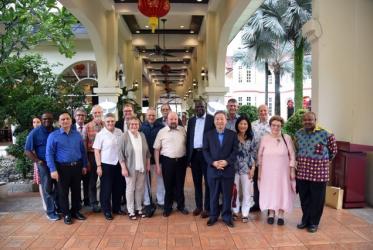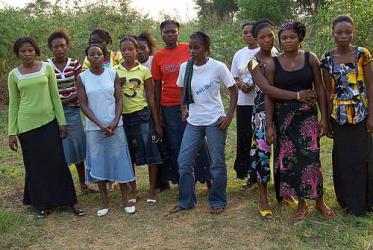Displaying 1 - 10 of 10
In Lebanon, “without peace there is no justice”
21 July 2021
Behind-the-scenes in the kitchen at Bossey
15 August 2019
WCC conference explores ecological injustice in Uganda
21 April 2016





